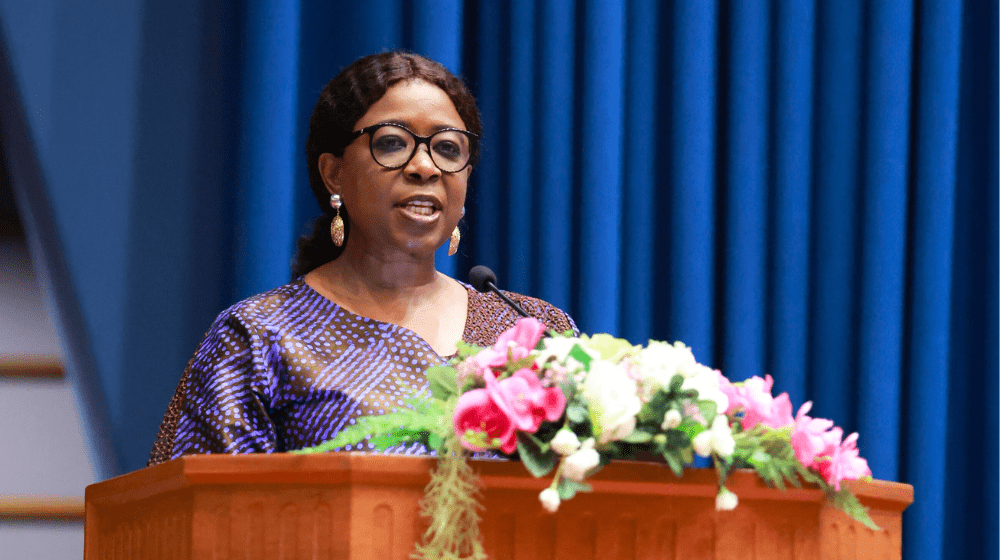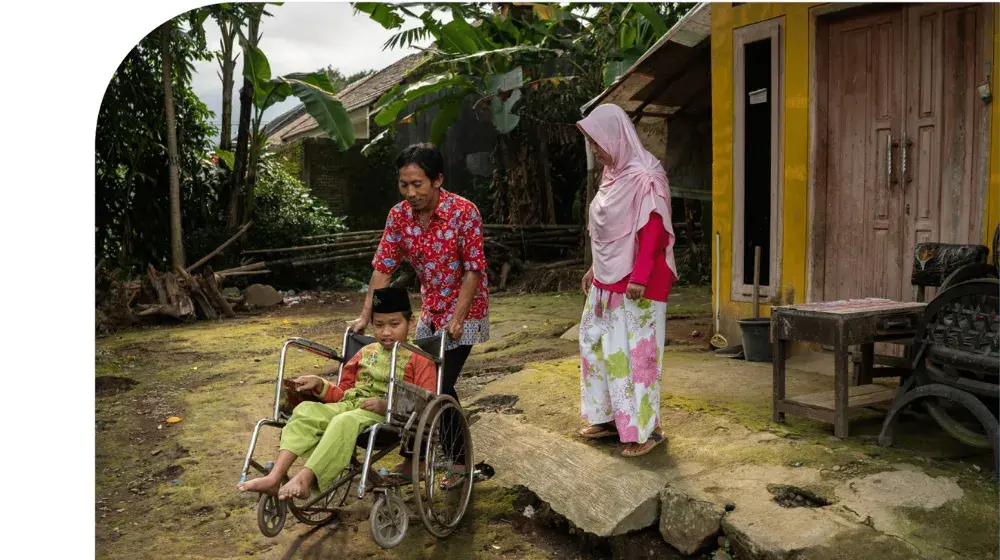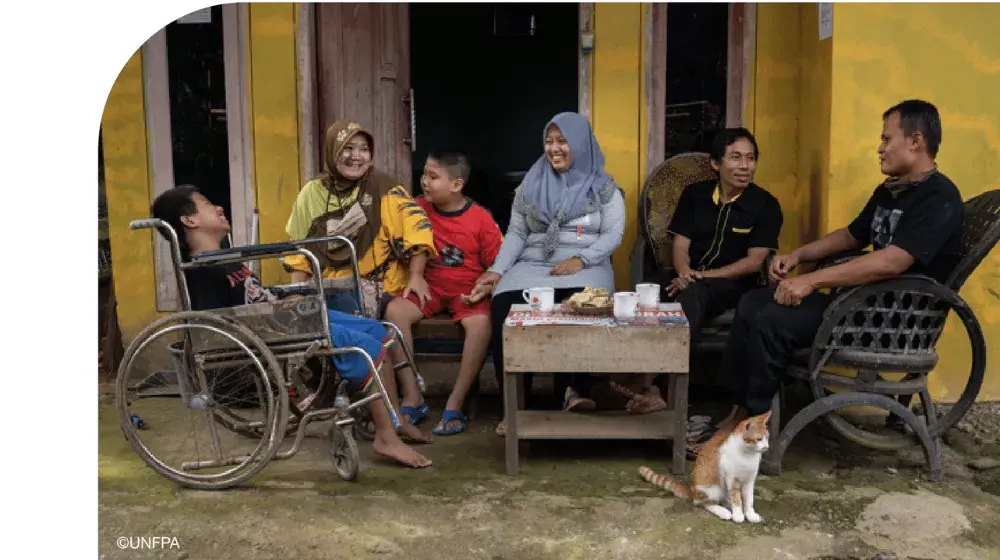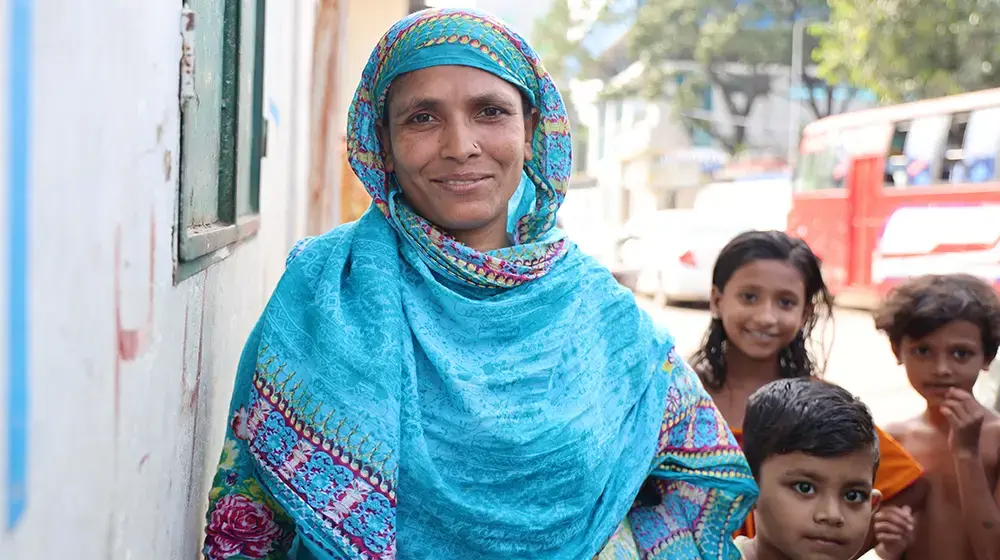[As delivered]
Honorable Minister Mr. Varawut Silpa-archa, Minister of Social Development and Human Security, Thailand;
Under-Secretary-General and Executive Secretary of the United Nations Economic and Social Commission for Asia and the Pacific (UN ESCAP), Ms. Armida Salsiah Alisjahbana;
Honorable Ministers;
Excellencies, Ambassadors and High commissioners;
Distinguished delegates;
Dear colleagues;
Young people, CSO;
Good morning.
I’m honored and delighted to be here today to open – together with Executive Secretary of UNESCAP my dear sister Armida – the Seventh Asian and Pacific Population Conference.
This conference presents an invaluable opportunity to review the implementation of the Asian and Pacific Ministerial Declaration on Population and Development and the Programme of Action of the International Conference on Population and Development in the region.
On behalf of UNFPA and our Executive Director, Dr. Natalia Kanem, I would like to congratulate all the member states who undertook the extensive review process at national level. In particular, I applaud your efforts for including the perspectives of adolescents, youth, women and vulnerable population groups in the reviews.
In line with what we see globally, a lot has changed in this region over the past sixty years since the first Asian Population Conference was held in New Delhi in 1963 and since the ICPD was held in Cairo in 1994.
Asia and the Pacific, just like the minister just said, is now home to 60 percent of the world’s 8 billion people. Progress in health, particularly in sexual and reproductive health, has been commendable. Women are living longer and healthier lives.
Let us take a moment to reflect on this journey.
60 years ago;
- only half of the population reached the age of 60;
- a small percentage of women had access to maternal health services;
- and education for girls was limited.
But, today, Ana - born 60 years ago - along with many more women, can happily say that her baby - born 30 years ago - was delivered safely by a skilled health professional. She can also proudly say that her daughter had the opportunity to go to school and plan the next stage of her life, which was only a dream for many girls in the past.
This remarkable achievement belongs to all of you and your predecessors and the decisions that were made to ensure people can enjoy their rights, make reproductive choices freely, and realize their full potential.
It demonstrates the power of partnership that propels us to gather here today, to do more, and to do so with urgency.
While much progress has been made towards realizing the promise of ICPD, we know there is still more to do.
Progress has not been linear. Inequalities continue to exist. Crises caused by climate change and conflict are impacting the health and well-being of the most vulnerable, including women and girls. Rapid demographic transitions such as population ageing, low fertility, migration, growing urbanization, and /or the rising sea level are evident across the region.
We are also seeing push back against gender equality and reproductive rights – that are threatening to erode hard-won gains on the ICPD agenda and the SDGs.
The impact of COVID19 on lives, livelihood and economies on the continent further threatened to reverse the progress made on the ICPD agenda and the SDGs.
Excellencies, ladies and gentlemen,
I’m sure you will agree we are at a critical turning point.
Urgent action must be taken to make the vision for humanity expressed by the ICPD a reality. Our collective future depends on how we think about and respond to the interlinkages between population and development. The decisions that are made today and over the next few days will pave the way for a more stable, more resilient, and ultimately more prosperous region.
The demographic diversity of the Asia and Pacific region defies a one-size-fits-all approach and creates an opportunity for regional cooperation and innovative thinking.
A comprehensive life-cycle approach to policies and development plans is required, where investments are made at every stage of an individual’s life – from safe birth to adolescence to adulthood and beyond the reproductive age.
Excellencies,
Population-centered development starts with people—with dignity and human rights.
It is in the interest of every nation to place people at the heart of population policies because it creates the conditions for healthy, empowered individuals and vibrant, thriving societies.
Allow me to put forward four (4) areas for consideration arising from lessons across the continent.
1. First is Agile Political leadership in a complex interconnected rapidly changing world:
The divergent contexts within and across countries, as well as within and across regions underscores the centrality of agile political leadership if the world is to achieve Rights and Choices for all.
And the Differentiated approaches across the humanitarian, development and peace contexts must be agile to respond to shocks and disruptions, oftentimes, unanticipated.
2. The Second area of consideration is Strategic foresight, which is imperative today for a dynamic Future-fit world:
- Common positions shaping Regional reviews and Outcome documents need to be guided by futures thinking to ensure relevance for future generations in a fast evolving world.
- Amplified voices of non-state actors - women, youth, indigenous population, as co-equal partners, and evolving private sector actions have the potential to co-create durable solutions that can address current and future needs.
3. The Third area for consideration is: Sustainable Financing for Durable and Just Transformations:
- 2023 Financing for Sustainable Report underscores the urgency for financing sustainable transformations for people, prosperity, planet, peace and partnerships.
- In order to achieve the ambition of the SDGs, we need to firmly situate the ICPD Agenda within the current and future financial architecture that is essential for success in the world of 8 billion people.
- Delaying tailored investments across the Demographic Divide, i.e across the life cycle could translate into long lasting costs of inaction. This is not an option, for none of us.
4. Fourth and final area for consideration is that, we need to ensure that The Asia and the Pacific’s report and its key messages be translated into endorsed commitments first for the CPD 57 and for the Pact for the Future, (being the anticipated document) from the Summit of the Future also in 2024 , as the new international consensus on how we collectively deliver a better present world and safeguard the future.
Despite the fact that our world is marked by poly-crises, it is also being progressively shaped by local solutions.
Making the right investments, and reinforcing our joint partnership through Our Common Agenda, can enable tailored responsive state and non-state actions underpinned by rights and choices for all to leave no one behind.
That is the future we all want.
--





